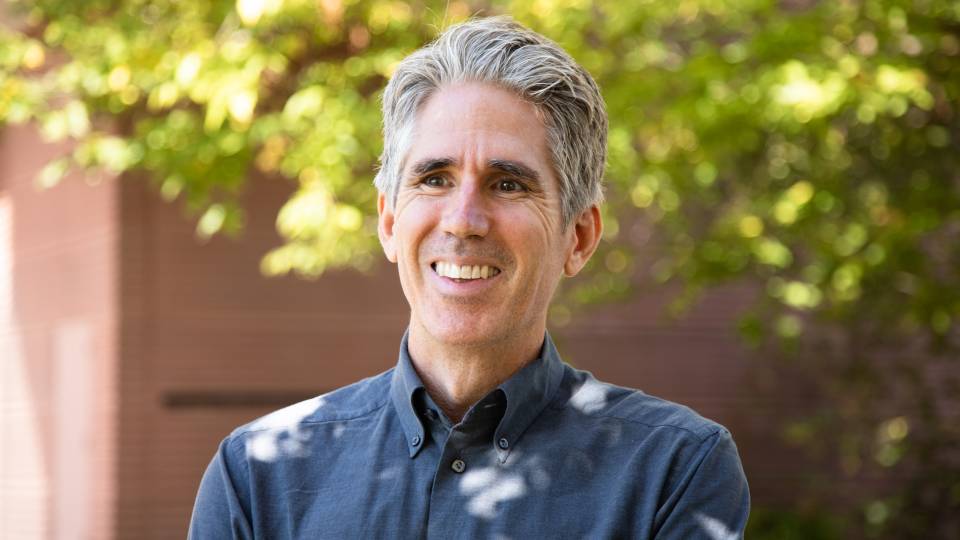Manuel Llinás, an assistant professor of molecular biology and the Lewis-Sigler Institute for Integrative Genomics at Princeton University, and members of his laboratory have published results of new research into the metabolism of the malarial parasite, published on Thursday, Aug. 5 in Nature. He is available to discuss his research with interested members of the news media.
A copy of Llinás' study is available upon request.
Llinás describes his findings as follows:
"The tricarboxylic acid cycle (TCA cycle), also known as the citric acid or Krebs cycle, holds a special place in biology as a key source of energy generation (ATP production) in most organisms. Originally discovered by Hans Krebs in his Nobel Prize-winning studies on pigeon breast muscle, it has become one of the most widely studied biochemical pathways, as it is found throughout the tree of life as a versatile central hub of metabolism capable of generating energy by completely oxidizing carbon while generating precursors for a wide variety of biomolecules. While modifications of this cycle have previously been reported, none is quite as striking as what we describe in the malaria parasite.
"In essence, the canonical cycle architecture has been split into two separate branches running in opposite directions. Moreover, these branched pathways are disconnected from sugar metabolism, which is the main carbon source in the malaria parasite, and are instead driven by scavenging the amino acid glutamine. This non-textbook reverse TCA metabolism produces a key metabolite, acetyl-CoA, which we have shown to then be incorporated into histone molecules which coordinate the compaction of DNA in the nucleus. This observation suggests that the pathway does not serve to ultimately generate energy, but rather links nutrient-sensing directly to regulating the state of the chromosomes. Similar metabolic alterations have been observed in cancer cells, which also appear to bypass energy production via the TCA cycle."
Other researchers involved in this work included Joshua Rabinowitz, an associate professor of chemistry and the Lewis-Sigler Institute for Integrative Genomics at Princeton, and researchers at Drexel University's College of Medicine in Philadelphia.
Members of the media wishing to contact Llinás are encouraged to e-mail him at mllinas@princeton.edu.
Funding agencies supporting this work included the Burroughs Wellcome Fund, the Beckman Foundation, the National Institutes of Health and the National Science Foundation.



